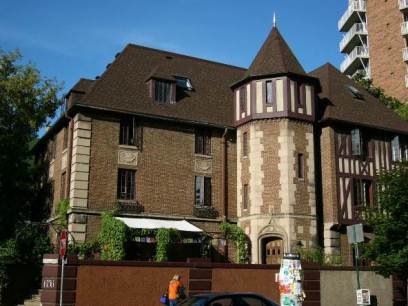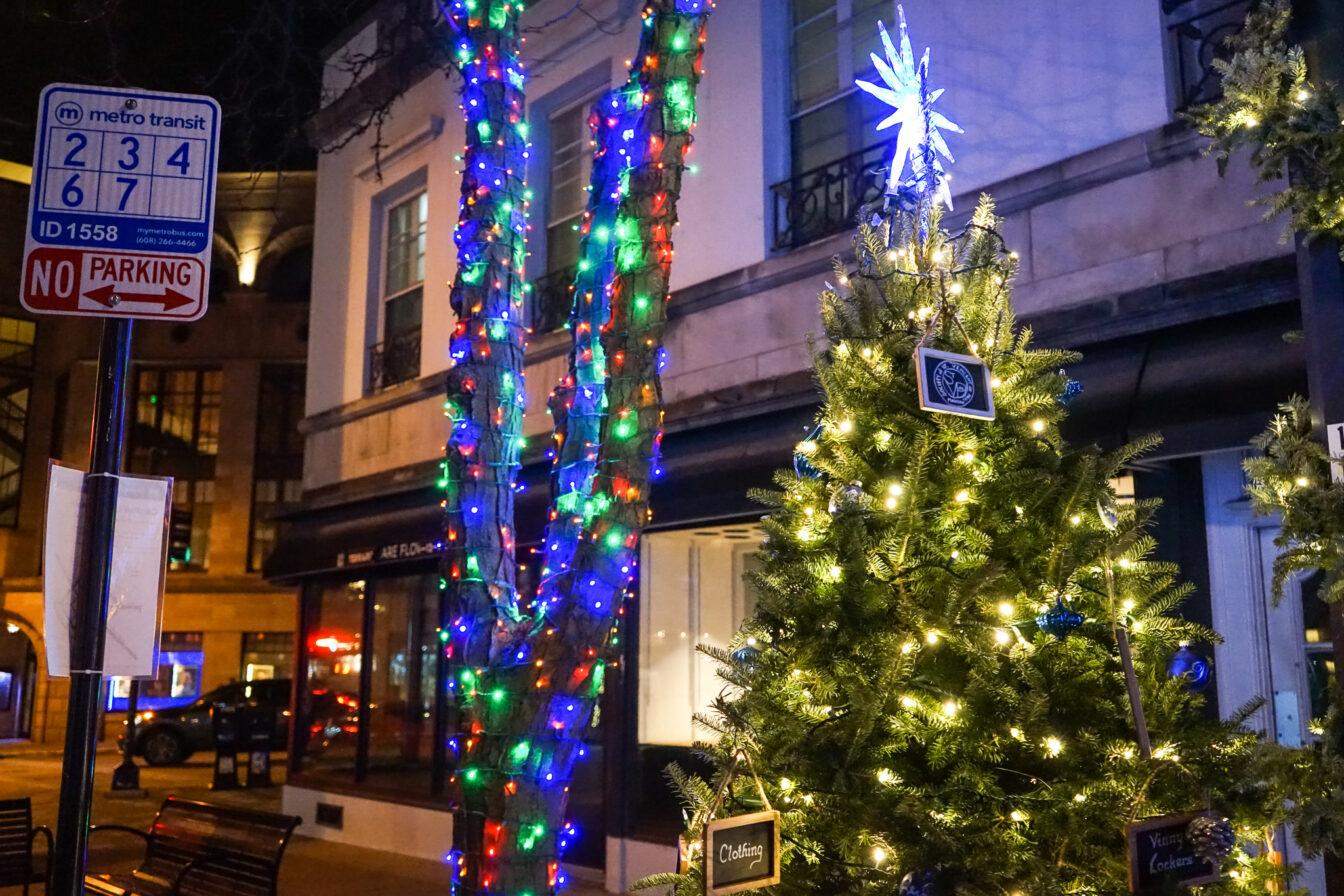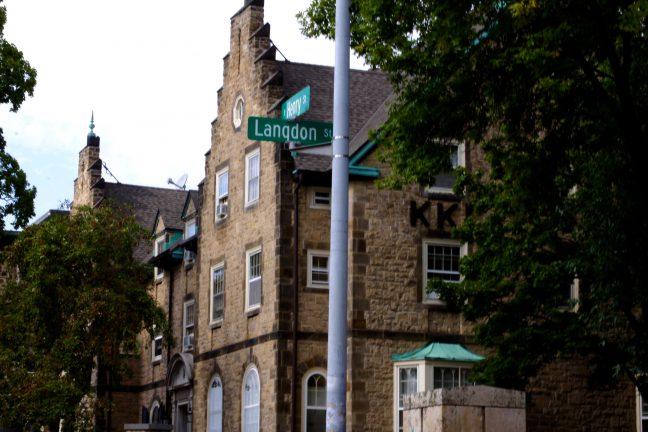Housing deadlines are slowly creeping upon the Madison community, and many are still scrambling to find homes for next year. Luckily, the Madison Community Cooperative has some underrated options that are cheap, inclusive and fun.
A few of these co-op houses might even cater to your identities and interests, so let’s shine some light on an overlooked scene.
Cooperatives or “co-ops” are a type of affordable housing that has been around since the early 19th century. Each is run by a group of residents with common interests or social values, creating an environment that stimulates friendliness and networking.
Despite efforts, UW needs to provide more apartment-style living for upperclassmen
While examples of this can be found throughout history, it became a modern business in Britain during the Industrial Revolution. They were popularized in the United States through The National Affordable Housing Act of 1990, an initiative to curb the country’s debt.
But as we’ve seen with our array of coffee shops and hipster shenanigans, Madison was ahead of the curve. The Madison Community Cooperative began in 1968 when eight co-op representatives decided to join together and form an association. The MCC has been active for almost five decades, and now incorporates eleven houses scattered across Madison.
The association strives to be inclusive, especially toward low to moderate-income people and those of marginalized groups. Most are eco-friendly and offer services to maintain a cooperative atmosphere.
The way each co-op house works is through collective care and cooperation among its members. Depending on the house, residents will cook, clean, maintain the grounds, facilitate meetings, bookkeep or grocery shop. Some have pets who are also cared for within the group, while individual pets are tended to by owners.
There are roughly one to two meetings a week for each MCC house, and all residents must attend at least three general membership meetings within the association. These discuss issues and ideas for the community as a whole.
To live in a co-op house, there are a few rules each member must follow. Primarily, residents must pay a security deposit and house deposit — one for MCC services and the other specific to the house.
They must also pay for an MCC Membership Fee and NASCO (North American Students of Co-operation) Membership Fee if a student. An additional charge is assigned for monthly food, as each co-op has a kitchen and buys food the group can share.
According to the MCC, the total cost per month is $535 for room, board and utilities. Besides the low cost, MCC co-ops can have themes or their own missions, which can be a fun way to branch out and discover like-minded people.
Ofek Shalom is a historically Jewish house whose roots go back to Kibbutz Langdon in the 70s, according to the MCC. The co-op celebrates holidays like Passover Seder and Shabbat every Friday, but members don’t necessarily have to be Jewish.
The house gives its residents the opportunity to live and learn from one another, regardless of religious affiliation. But for those who are Jewish, it’s a way to meet others in their community.
There are also houses that operate under common-held interests. The International Co-op hosts a diverse group of people who include members from the U.S. and abroad. It allows anyone to join, but most residents are interested in foreign affairs and learning about different customs.
The Lothlorien is another house that has many residents with a common interest, that being political activism. Their site claims many residents are “politically active in queer rights, labor rights, environmental and feminist movements.”
The Audre Lorde Co-op additionally accepts those who are into racial justice, pro-feminism and LGBT rights.
Other homes are known for their special furniture and items. The Phoenix Cooperative, for example, has a 110-inch projector screen and stereo sound system along with a video game console and a fireplace.
The Sofia Co-op has a backyard with raised-bed gardens and a chicken coop, and many co-ops offer vegetarian and vegan options for meals.
Growth in Madison co-ops reflective of wider social, economic pressures
Regardless of the co-op, each has a friendly and fun atmosphere many can learn to enjoy. If you’re interested in these or any other house, each co-op has a different set of rules for admission.
Most require people to attend three dinners and an interview, while others require the group’s consent to let a member in.
While on the home search, the MCC is a great option for those who want to live in a community.




















